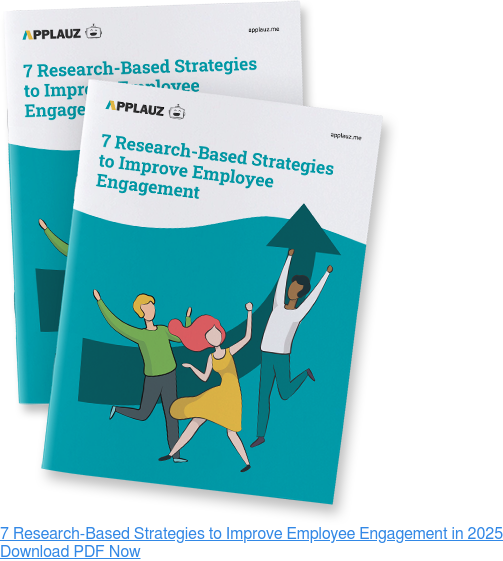Generally speaking, when starting a new business, entrepreneurs don't aspire to build harmful or toxic work environments.
So why do some work environments end up so toxic?
Negative emotions build under the surface
Negative work environments don't happen overnight. On the contrary, toxic environments slowly build over time.
Unfriendly work conditions are a result of many interactions over time. At work, the smallest actions have consequences. Yet, we must remember, these effects don't always appear immediately.
Think about it like this--occasionally eating junk food. One fast-food hamburger won't do much damage. Right?
However, eat enough fast food, and a habit will soon form. Eventually, your fast food habit will result in lasting damage to your physical and emotional health.
The same thing happens at work: small daily actions compound over time and become habits. Habits become behaviours. And ultimately, it's the workforce's collective behaviour that determines its culture.
Gratitude is the antidote
Gratitude is a powerful thing. And positivity is contagious.
That said, building a happy and engaged work culture takes a multi-step approach.
While it's essential to focus on rolling out a high-level engagement plan, never lose sight of the day-to-day.
In that spirit, here are a few positive statements and questions managers can use to diffuse the effects of negative actions and habits at work.
In short, managers can say these words to employees every day to keep them happy, motivated, and engaged. The best part: this requires a limited time investment.
Low risk, high reward. What more could you ask for?


6 Simple Statements to Keep Employees Motivated and Happy
1. Thank you
Gratitude is a powerful thing. A 2017 study published in Frontiers of Psychology showed a positive connection between the expression of gratitude at work and “employee efficiency, success, and productivity.”
The reality is, you don’t need the results of a psychological study to prove that appreciation and gratitude are essential in all areas of life. We know this from our personal experiences. As such, managers must always remember the importance of saying thank you regularly. Praise is a potent motivator.
2. Have fun
We call work “work” for a reason. It’s not supposed to be a wild party. But it should not be consistently dull and routine either. To ensure the work environment stays upbeat and positive, remind your employees that “having fun” is important. This is especially true for sparking motivation and creativity toward complex tasks and projects.
In fact, studies have shown that external rewards such as money (AKA a paycheck) are bad motivators for complex tasks requiring creativity. Simply put, external rewards undermine creative thinking. As a result, the best technique to encourage open-minded thinking and creativity is to make the simple enjoyment of the project the reward. Encouraging employees to "have fun" with their work helps to spread this philosophy.
3. How are you feeling?
"How are you feeling?" is not a question to ask every day, as this might feel intrusive. Instead, it's crucial to ask regularly. Especially if your employee is going through something difficult.
This question can help an employee going through a physical challenge. For example, if they were sick recently or got injured. It's helpful to check in if you know they are going through a mentally challenging time in their personal lives as well. Checking in shows you're invested and concerned about the well-being of your employees. It feels great for employees to be on the receiving end.
4. What’s your opinion?
Asking for an employee’s opinion can benefit a manager in many ways. First, the manager might get a unique perspective or advice they never thought of before. Two brains are often better than one. But more importantly, asking an employee’s opinion gives them a voice.
It makes employees feel like their judgment and knowledge matter. Doing this can be particularly important when it comes to working with manufacturing or warehouse employees or other staff who do task-oriented work. Considering this type of work is repetitive and routine by nature, giving these employees a voice is vital to keep them engaged and happy at work.
5. Do you need anything?
Reaching out to lend a helping hand is always appreciated by employees. Knowing that your manager has your back if you need them provides a feeling of psychological security that instantly boosts happiness and morale at work.
Great managers know that offering help is one of the best ways to make sure employees are content and satisfied at work. An important note: be sure to follow through. If you’re offering help, make sure to follow through in a timely fashion if an employee reaches out.
6. What has inspired you lately?
Having meaningful conversations is key to building close relationships. Managers should make an effort to check in with their employees about work-related issues, but also talk to employees on a personal level. Employees should feel like work is a safe place to express ideas.
When employees freely talk about their interests and passions, they will feel more relaxed and happier at work as a result. Not to mention, asking these types of questions can spark interesting conversation and friendly debate. The work environment will be more fun and exciting as a result.


